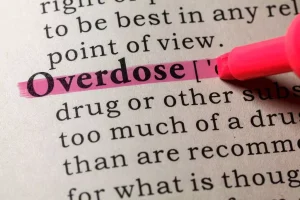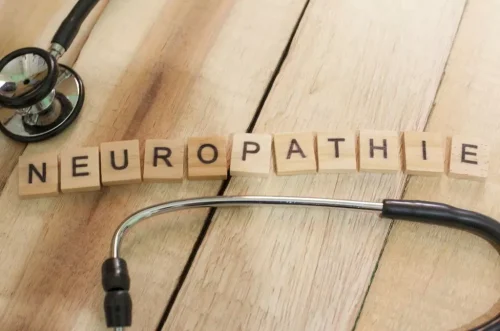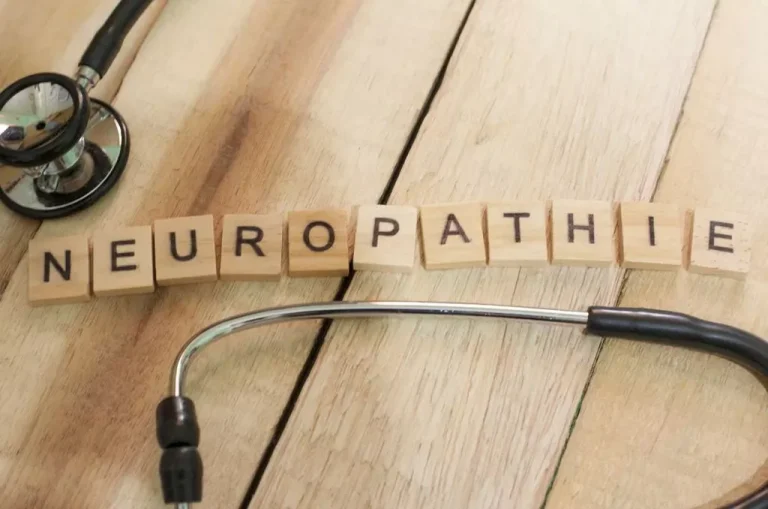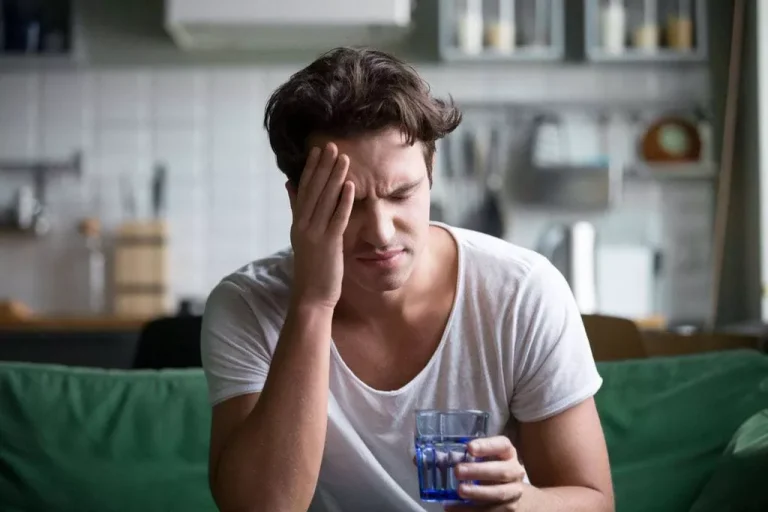
Some people think tapering can be a safer way to finally get your heavy alcohol use under control. But even if you try it, you may still have withdrawal symptoms. It may feel hard to talk honestly to your doctor about your alcohol use. Remember that their goal is to help you get healthy, not judge you.

In the First 8 Hours
Of people who attend AA, 44 percent of those who remain free of alcohol for 1 year probably will remain abstinent for another year. This figure increases to 91% for Halfway house those who have remained abstinent and have attended AA for 5 years or more. Alcohol withdrawal is common, but delirium tremens only occurs in 5% of people who have alcohol withdrawal. Delirium tremens is a dangerous, life threatening problem.
When Can Alcohol Withdrawal Symptoms Be Serious?

In general, the course of alcohol withdrawal is highly variable and somewhat unpredictable. Screening and assessment tools do not allow physicians to predict with confidence who will or will not experience life-threatening symptoms. A severe case of alcohol withdrawal can lead to complications, some of which can be life-threatening. To prevent this, your doctor may suggest a treatment program where you stay overnight. That way, you can get 24-7 support for your mental health and physical symptoms.

Moderate symptom (12 to 48 hours after the last drink)
- Once you leave an inpatient program, you’ll be connected to resources you can continue to use, such as support groups or doctors or therapists in your area.
- These may still be mild, or the existing symptoms might increase in severity.
- If you have severe vomiting, seizures or delirium tremens, the safest place for you to be treated is in a hospital.
- Each of these symptoms can increase in intensity depending on the severity of the withdrawal.
- Connecting with people who best understand what you’re going through can ease your recovery and help you stick to your resolution.
If you’re getting through alcohol withdrawal at home, here’s what can help. Anti-seizure drugs such as gabapentin and carbamazepine can help reduce your craving for more alcohol. Studies show that gabapentin can also help improve your sleep and mood, which may make you less likely to relapse.

Inpatient Rehab
Symptoms of alcohol withdrawal tend to peak 24 to 72 hours after your last drink. Go to the nearest emergency room or call 911 (or your local emergency service number) if you or a loved one has any concerning symptoms of alcohol withdrawal. They can trigger extreme confusion, dangerously high blood pressure, and cardiovascular complications. This form of alcohol withdrawal can be fatal unless treated.
- At some point, it may be helpful to include your partner or family, too.
- You may still feel tired and a little drained, but your body has now started to recover from the shock of the withdrawal.
- Those with a wider circle of support have a better chance of staying sober.
- Symptoms are often at their worst between 24 and 72 hours after you stop drinking.
- It’s difficult to predict who will and who won’t experience alcohol withdrawal — and how severe it will be.
- This figure increases to 91% for those who have remained abstinent and have attended AA for 5 years or more.
A rare but very serious syndrome called delirium tremens can occur during alcohol withdrawal. Also known as DTs, an estimated 2% of people with alcohol use disorder and less than 1% of the general population experience them. The best treatment for alcohol withdrawal hinges on the severity of symptoms. Some cutting back on alcohol symptoms people can recover at home with medical supervision, but most benefit from clinical care. After withdrawal is complete, it is essential that you not begin drinking again. Alcohol treatment programs are important because they improve your chances of successfully staying off of alcohol.
What causes alcohol withdrawal?
That way, they can help you manage the discomfort and respond quickly in case of a medical emergency. If you are thinking about quitting drinking, talk to your healthcare provider. Medical supervision, behavioral health treatment, and mutual-aid groups can help you through alcohol withdrawal and stay stopped. Severe and complicated alcohol withdrawal requires treatment in a hospital — sometimes in the ICU. While receiving treatment, healthcare providers will want to monitor you continuously to make sure you don’t develop life-threatening complications.